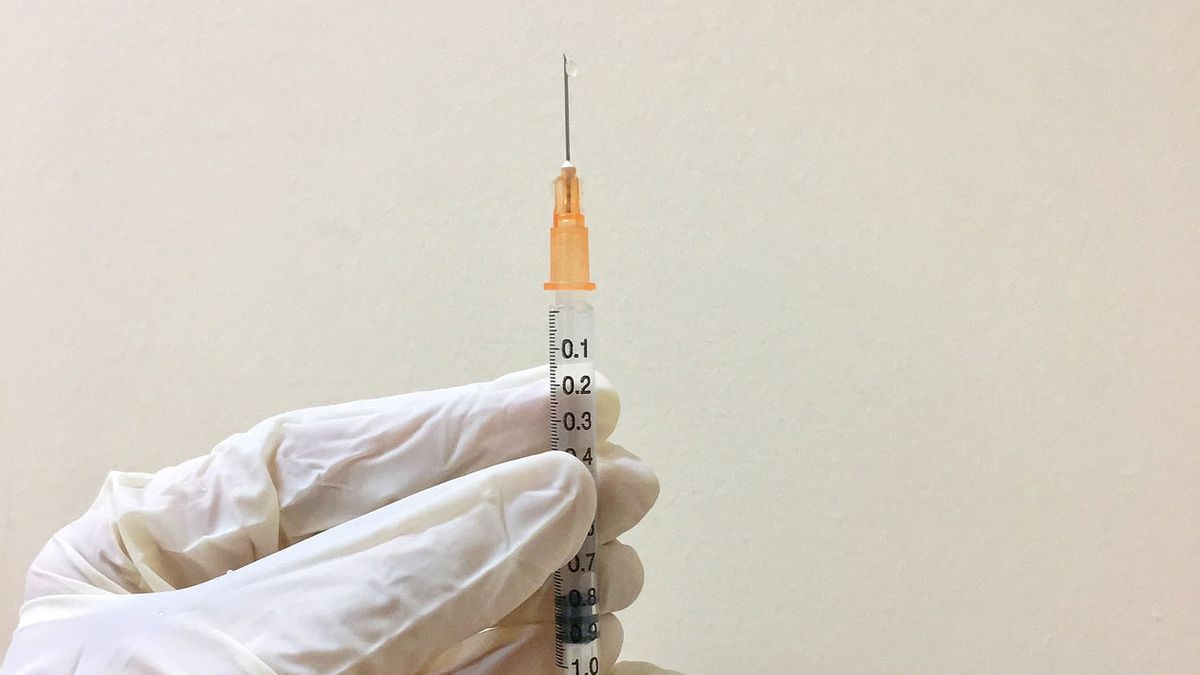JAKARTA - The Institute for Criminal Justice Reform (ICJR) criticized the signing of Government Regulation Number 70 of 2020 concerning chemical castration for perpetrators of sexual abuse of children.
ICJR Executive Director Erasmus Napitupulu assessed that the implementation of this punishment would consume a large state budget and was deemed not to side with the victims.
"The ICJR considers that chemical castration punishment is a populist rule and until now the government's commitment to handling victims is still minimal and tends to decrease," Erasmus said in a written statement to journalists, Monday, January 4.
He even questioned the signing of this regulation because to date, the effectiveness of the punishment has not been proven to reduce the rate of sexual harassment. In addition, the mechanism of castration as a health intervention cannot be based on the penalties contained in Law Number 17 of 2016 concerning Child Protection.
Erasmus also assessed that the PP signed by President Joko Widodo (Jokowi) had many problems because it was not detailed in terms of its implementation. He assessed that there were several things that were unclear, such as the mechanisms for monitoring, implementing and funding.
"Then what if it turns out that after being castrated, the convict is found not guilty or there is a review? So the compilers seem to avoid a more technical mechanism because of confusion in the arrangement," he said.
ICJR also assessed that until now Indonesia did not have clear rules regarding the protection and recovery of victims of sexual violence. Erasmus said that there are currently five laws that have been made to regulate the recovery of victims, such as the Witness and Victim Protection Act, the TPPO Law, the PKDRT Law, the Child Protection Law, and the SPPA Law.
However, he considered, it was time for the government to make a new law that could summarize this law so that all aspects of protection and recovery for victims could be reached.
"For the government, it is sufficient to focus on policies that are only populist, such as castration. It is time to move on to mechanisms for protection and recovery of victims," he said.
Erasmus also emphasized that this chemical castration process would cost a lot. Because the implementation is not only castration, but there are a number of things that must be done and require a budget, such as psychiatric, social, and medical rehabilitation for convicted chemists.
This, he continued, is inversely proportional to the budget provided by the government in providing protection for victims of sexual violence. Because based on LPSK budget data, the number of services needed by victims and provided by LPSK continues to increase, but the budget given to LPSK from 2015 to 2020 has actually decreased, even quite significantly.
Therefore, the ICJR considers the existence of PP Number 70 of 2020, the state actually seems to be ready to accept the new budget burden used to punish the perpetrators.
"Even though the victims are still screaming, they have to bear the costs of their own protection and recovery. The budget politics of the government which always cuts budget needs from the recovery and protection of victims such as LPSK shows that the protection and recovery of victims has not become a priority for the state," he concluded.
The English, Chinese, Japanese, Arabic, and French versions are automatically generated by the AI. So there may still be inaccuracies in translating, please always see Indonesian as our main language. (system supported by DigitalSiber.id)













